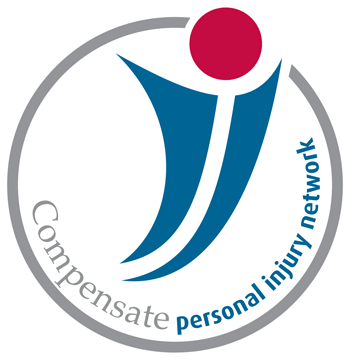Children in a Separation
No matter what age they are, the children in any separation will have a lot to take on board.
Emotions will be running high and in most cases, there are divided loyalties. But the last thing the children they should feel is under pressure to make a choice.
It’s for that reason that family lawyers in Scotland have developed a well-established set of rules about what should happen in these situations, enforced if necessary by the courts.
Terminology
Usually, one parent stays while the other leaves. The one who is living in the property where the children have their accommodation for the bulk of the time is known as the ‘resident parent’, the other, the ‘non-resident’ parent.
The non-resident parent will be seeking ‘contact’ (formerly known as ‘access’), which can be for any duration from a few hours once a fortnight, to staying overnight two or three nights a week.
The resident parent in this situation would be regarded as having ‘residence’ (formerly known as ‘custody’).
Is Agreement Possible?
A trained family lawyer, no matter which side they are on, should start by finding out if it is possible or even desirable for the parents to agree what should happen next (for example, in a situation where there has been violence, this would not be done).
Sometimes it is inevitable that agreement will take a few weeks to reach, and this may no bad thing in terms of allowing time for matters to be thought through, and the practicalities to be worked out. For example, there may be a role for other family members in collecting or dropping off the children, so that will require a car to be available, car seats, etc. Work arrangements may need to change.
If the parents agree there should be contact, but just can’t agree on its frequency or other details, then it’s usually the case that an interim or trial arrangement can be put in place to effectively see ‘how it goes’ – this is on the basis that some continuity is generally better for the children than a complete halt.
Generally, the sooner the new set-up is tried out, the more chance there is that it will settle down.
Court is sometimes the last resort
If all contact is being refused, then the Sheriff court may be the only option – an action will require to be raised by the non-resident parent, and the only formal document that is required for this is the child’s birth certificate (it does not have to the original but has to be an official copy from the Registrar).
The court will arrange for the court papers to be served on the non-resident parent and also fix a Child Welfare Hearing around 6 weeks later – both parents must attend this, and expect to have to explain their position to the Sheriff, although they can have lawyers with them.
Each Sheriff has the right to deal with each case in his or her own way, but generally, they will try to establish whether there is any prospect of the parents agreeing matters between them.
If not, then the Sheriff will have to make a decision based on the information and arguments presented in court – but there are special rules in family law which allow others to have a say. This can include an experienced family lawyer appointed by the court to prepare a Bar Report, based on a visit to both homes, a discussion with the wider family and possibly (depending on age) also the child.
The views of the child
The court rules were amended in July 2019 to encourage the courts to give the children a chance to make their views known to the Sheriff, and in some cases, the Sheriff will want to meet the child – although it will be stressed that the views of the child are only one of the factors that are taken into account and not the decisive one.
The child also has the right to get a lawyer too and get advice which is kept confidential from either parent.
Even where the court makes a decision, the Sheriff may want to see the parents again in three or six months to review matters at that stage. Each parent also has the right to insist that further evidence is heard from other witnesses, or documents like medical records are looked at.
The final outcome is therefore impossible to know at the start – but what is certain is that good advice will be required.
Contact our Family Law Solicitors Glasgow & Edinburgh, Scotland
Beltrami & Company are conveniently based near Glasgow city centre but operate throughout Scotland. Any calls to our offices out with normal business hours can be dealt with by an experienced solicitor.





